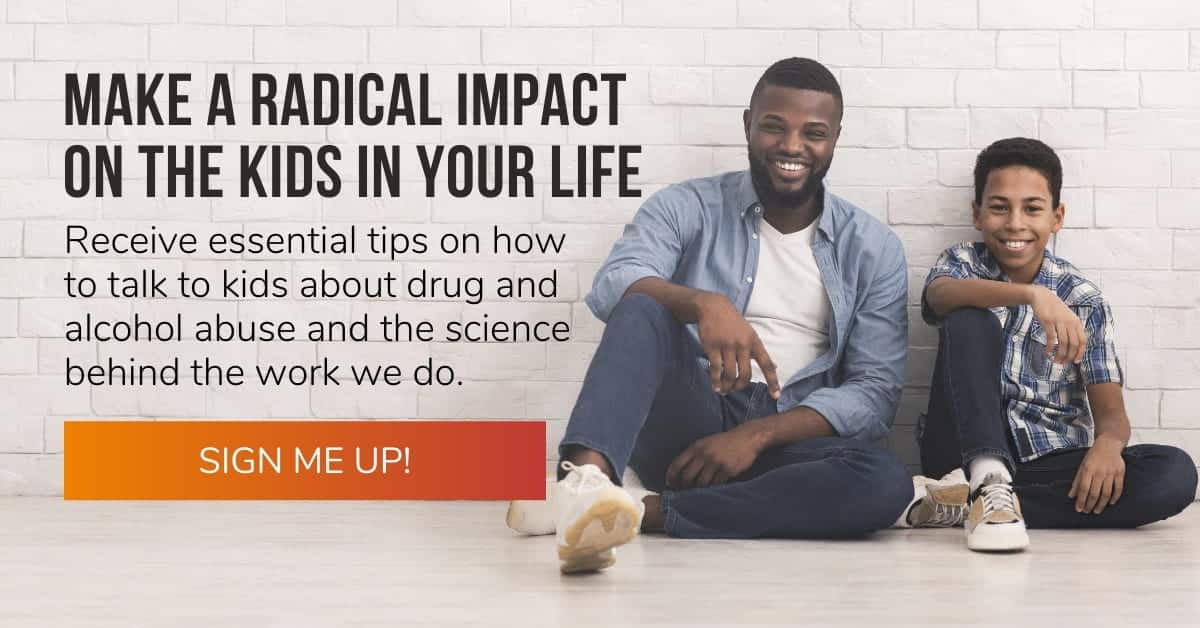There’s a saying that’s been floating around for a while now:
“You are the average of the five people you spend the most time with.”
It’s a common way to state the reality that our closest friends shape who we become.
That’s a problem, though, for parents who worry about their kids’ friends.
So what can parents do to support their kids’ friendships?
You can probably remember floating between a few groups of friends as you grew up. There are some you stuck with throughout the years, and others with who you parted ways, naturally.
In today’s social environment, things are different. You and I didn’t grow up in a digital world with social media or distance learning. We have to recognize the limitations of our own experiences and wisdom that we can offer to our kids.
But the fact remains, our kids will grow up better if they spend time with good people. Since identity formation in teens primarily is something that happens through peer relationships, those of us who have kids who are struggling with close friendships with good people need to be even more proactive.
Here’s what parents can do to support their kids’ friendships:
1. Encourage
We can encourage their interests: if your kid shows interest in singing, find a class for them. If they’re interested in coding or video production, sign them up for a class. If they want to try a new sport, find a league for them to join. If they show interest in video games, offer to host an event at your house with their friends. If there’s a band they like, then buy a few tickets the next time they’re in town and have your kid invite a couple of friends.
2. Inquire
Ask neutral questions about their friendships. Ask them to describe their friends, in a casual tone, questions like:
“What do you like about them? What are they into?”
Help your kid be thoughtful about their friendships, and encourage them to spend more time with people they like and respect.
3. Engage
Too often, parents take one of two modes with their teenage kids as it relates to their friends. Either they criticize them, which, surprisingly, rarely goes well. Or, they take a hands-off approach.
The best parenting research shows that kids who have parents who continuously show genuine interest in their social lives and seek to build relationships with their friends, too, will have a healthier social life and do better through those identity formation years.
When you feel concerned about the character of a friend they spend time with, share your concerns in a neutral way — without anxiety, fear, or shame in your tone of voice (if at all possible!).
Let them know your concerns, and bring it up a few times.
Our ongoing commitment to you as educators and parents is free and compelling content that directly impacts young people’s lives.


